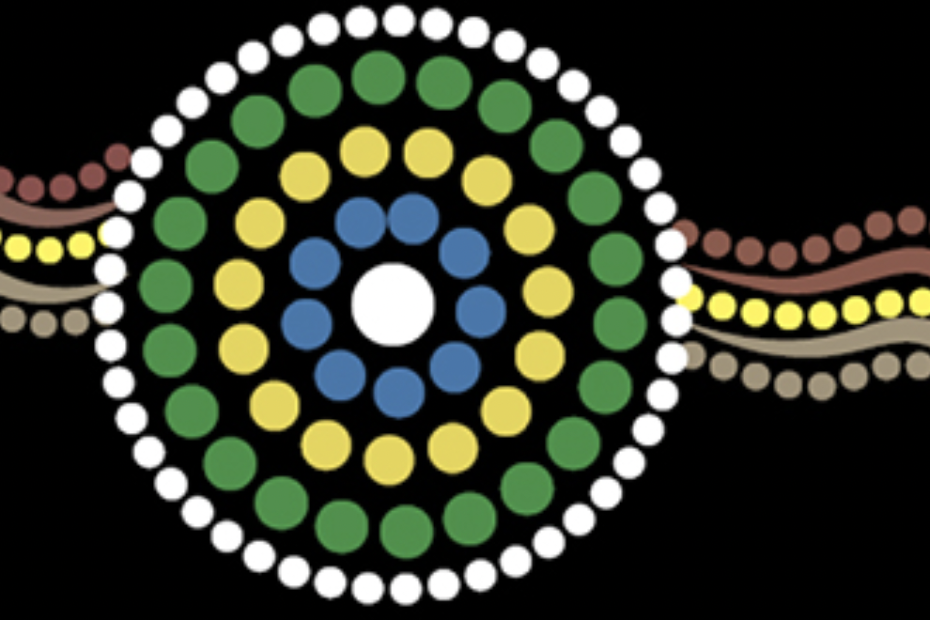Despite the overwhelming rejection on 14 October of the proposal to establish an Aboriginal and Torres Strait Islander Voice in the Australian Constitution, Australia needs to find a way to address the inequalities many First Nations people face, according to Bishop Charles Gauci, Diocese of Darwin, Australia, and Chair of the Bishops Commission for Relations with Aboriginal and Torres Strait Islander Peoples. On 15 October 2023, Bishop Gauci issued a statement Beyond the referendum, it’s time for a new beginning.
(Image from the Australian Catholic Bishops Conference 2023-2024 Social Justice Statement)
After an intense and, at times, challenging debate over the proposed Aboriginal and Torres Strait Islander Voice, we woke this morning to the news that there will not be a change to the constitution.
Many will be glad to see the campaign has come to an end. For our nation, though, this should be seen as a time for a new beginning.
As I travel through the Northern Territory and beyond, I meet people from all walks of life who recognise that Aboriginal and Torres Strait Islander peoples – the traditional custodians of our lands and waters for tens of thousands of years – struggle with poor outcomes in health, education, employment, and a range of other areas. Australians know those poor outcomes are not good enough in the nation of the alleged “Fair go”.
A majority of Australians did not see the Voice as the way to address those disparities. But that doesn’t mean we shouldn’t do something. It doesn’t mean we accept the status quo.
After such a vote, there can be a tendency to attribute bad motives to people with whom we disagree, to move to blame and recrimination, to revel in victory or despair in defeat. Instead, we suggest that well-intentioned people looking at the same material can come to different conclusions. But the overwhelming consensus coming out of the debate is that more should be done to address the injustice experienced by so many First Nations people.
Since the 1840s, Catholic leaders have spoken up about the inhumane way Aboriginal and Torres Strait Islander peoples were treated, with our first bishop commenting with horror that they were given similar consideration as livestock.
While our Church’s history is not without blemish, the Church has been a driver of positive change. We have done that through education, through health and aged care, in social welfare and in the life of our parishes – where First Nations Catholics are growing in number. Our challenge is to do more.
At this moment in our history, it is time for the Church and its ministries to redouble our efforts to close the gap – not as a slogan, but as a commitment. That can only be done by, in the words of our recent Social Justice Statement, listening to, learning from, and loving our Aboriginal and Torres Strait Islander brothers and sisters.
At the historic Plenary Council last year, there was a renewal of the Church’s commitment to reconciliation as part of efforts to heal our nation and our relationships. At the Council, we passed several resolutions to help us be a Church – already a little bit Irish, Italian, Filipino, Lebanese and everything in between – that takes on the culture of the people who have been living here for the past 60,000 years.
We did that in responding to the call of our Aboriginal and Torres Strait Islander people, but also the challenge of Pope St John Paul II, who told First Nations peoples in Alice Springs: “The Church herself in Australia will not be fully the Church that Jesus wants her to be until you have made your contribution to her life and until that contribution has been joyfully received by others.”
As the people of Australia receive the news of the referendum, may we recognise and take up the challenge to create opportunities but also seek outcomes that will see inequalities in our country narrowed, a path to reconciliation pursued and a more prosperous nation emerge.


